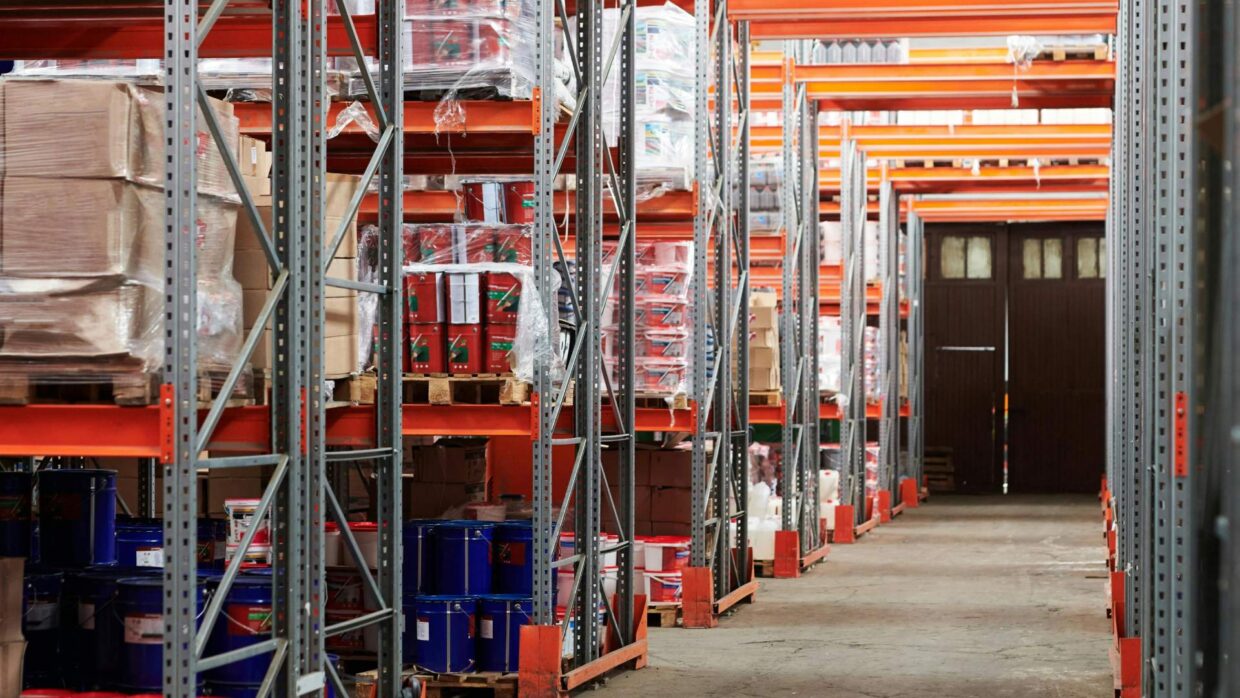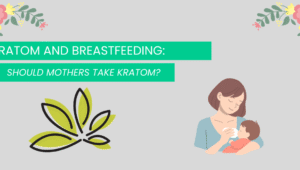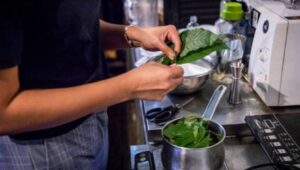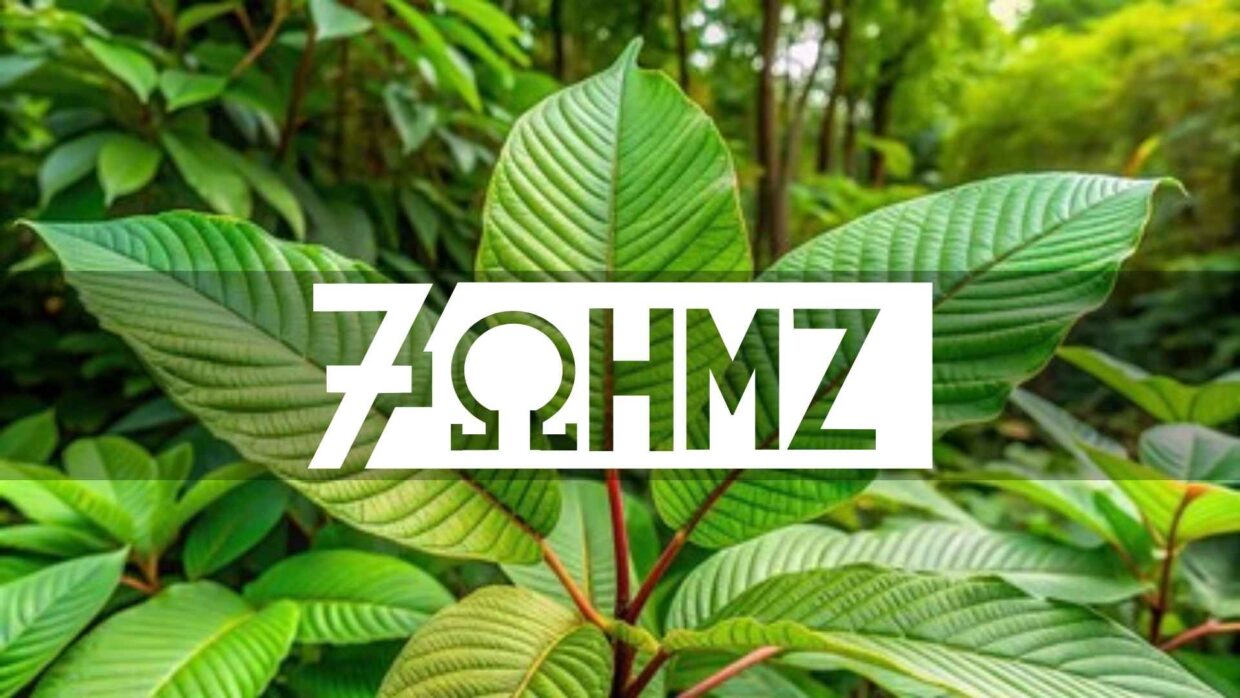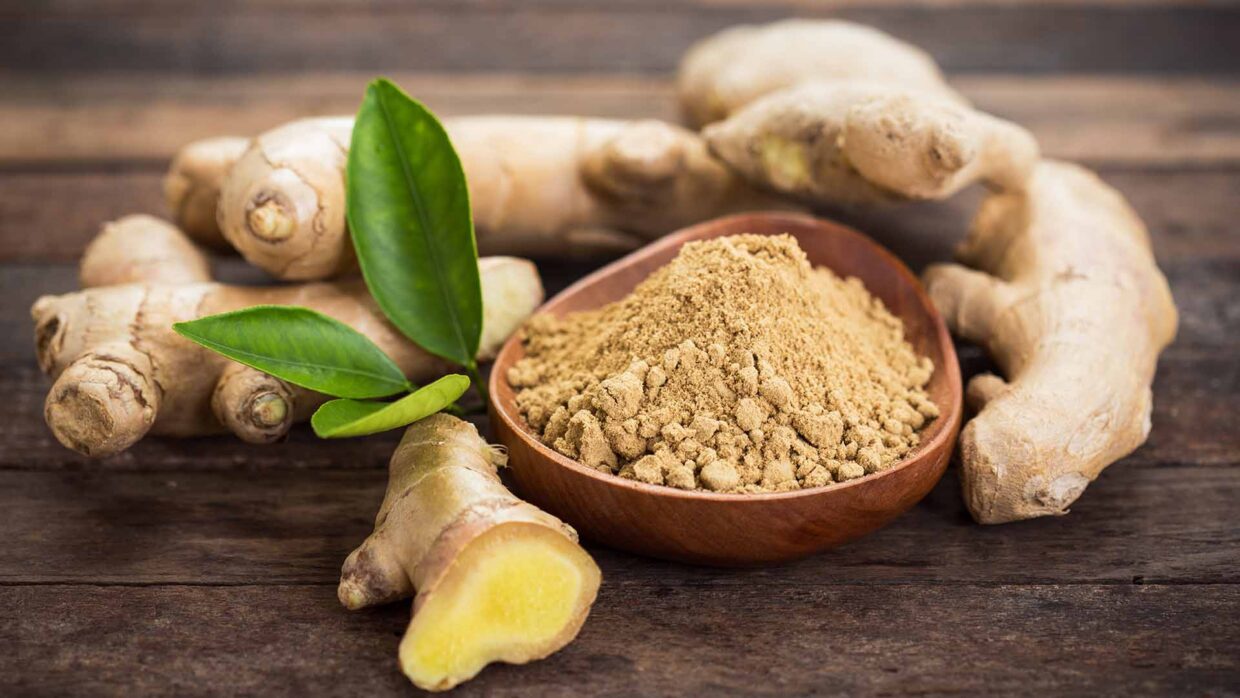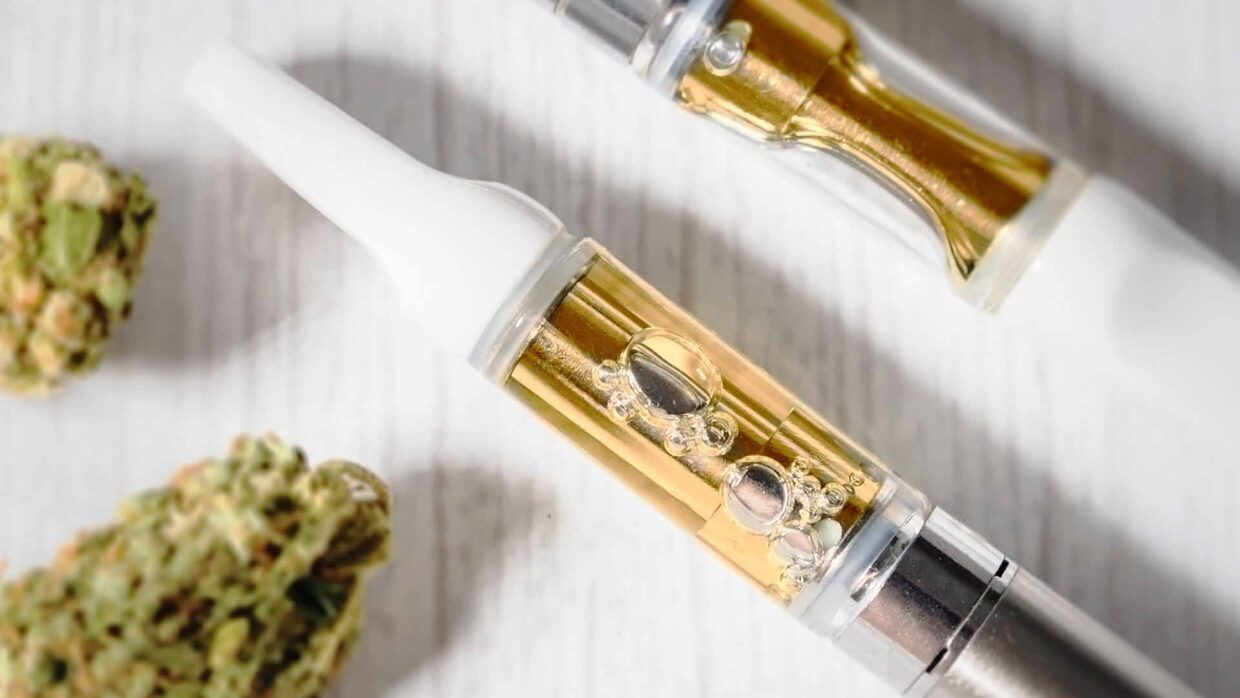Recent months have brought worries to U.S. consumers, vendors, and advocates because Indonesia plans to ban kratom exports despite being the world’s main kratom supplier.
The more than 95% Indonesian source of U.S. kratom supplies makes export restrictions potentially dangerous for product access as well as for price fluctuations and quality standards maintenance.
In this blog, we’ll explore the upcoming kratom export restriction established by Indonesia with import tariff impacts on the market and predict future consumer scenarios.
Understanding Indonesia’s Role in the Global Kratom Market
Indonesia produces almost all of the global kratom supply, which then exports the product to both the United States and worldwide markets.
The warm tropical climate, combined with the product-friendly soil of Borneo and Sumatra, creates excellent growing conditions for quality kratom.
Government discussions in Indonesia indicate that they may decide to prohibit kratom exportation.
A possible ban on kratom exports emerges from multiple factors, which include domestic misuse apprehensions and international regulatory pressures in addition to government interests in promoting alternative agricultural exports.
Why Is Indonesia Considering a Kratom Export Ban?
According to industry reports, Indonesian officials have debated phasing out kratom exports for several reasons:
- Regulatory Pressures from Abroad: Kratom faces regulatory concerns from both the U.S. FDA and international agencies, which have caused several countries to establish export regulations. Numerous nations have pushed Indonesia to adopt these limitations.
- Economic Diversification: The Indonesian authorities signal their preference to advance palm oil and coffee products instead of kratom.
- Domestic Control: Politicians debate if export restrictions would control domestic kratom usage even though its usage history in Indonesia dates back several centuries.
The implementation of a kratom export ban from Indonesia could cause worldwide supply disruptions because U.S. vendors would need to use restricted alternative sources to maintain their operations.
Underlying Motivations for the Crushed Leaf Kratom Export Ban
Organizations sought to prohibit particular kratom kinds from legal exportation for what reason? The Indonesian government wanted to preserve greater economic returns from kratom industrial activities within its borders.
Farmers in Indonesia have failed to benefit in the same way from their place in the kratom supply chain. The market price for raw leaf kratom remained affordable during the previous years.
Major kratom importers have refused delivery of shipments and declined to make full payment if leaf material turned out to be contaminated when received by them.
So, by restricting raw and semi-processed exports, the Indonesian government hopes to encourage more processing to happen locally. This would hopefully create jobs and keep more profits from kratom production in Indonesia.
To be legally exported, all kratom must now be processed to a fine powder under 600 microns (0.6 millimeters) or transformed into finished goods before it can legally leave the country.
Crushed leaf particle sizes typically range from 1–5mm, making crushed leaf a prohibited export.
So, instead of importing crushed leaf to mill and extract in the United States, brands will be forced to buy Kratom powder or extracts directly from Indonesia.
Why Prices of Crushed-Leaf Kratom Are Skyrocketing
The members of our team currently find themselves unable to obtain the specific leaf needed to create traditional kratom tea.
During the time frame following Indonesian export restrictions, the market cost of crushed leaf kratom experienced substantial inflation. Each supplier charges between 100% and 400% more than the prices from late 2024.
In the past few months, the supply of Indonesian crushed leaf has significantly reduced within domestic borders.
How Would a Kratom Export Ban Impact the U.S. Market?
The U.S. kratom industry relies almost entirely on Indonesian imports. A sudden kratom ban would likely lead to:
1. Short-Term Supply Shortages
Kratom vendors will probably encounter difficulties sustaining their stock because Indonesian kratom lacks quick substitutes. Market shortages, together with increased cost,s would be potential consequences.
2. Increased Prices Due to Scarcity & Tariffs
A ban on exports from Indonesia would enhance the worth of existing supply and result in increased prices. Kratom prices might increase substantially since the imposition of additional import tariffs into USA markets.
3. Potential Quality Concerns
Quality control issues will arise when suppliers attempt to establish new sources of kratom in Thailand and unregulated Malaysian zones because of inadequate regulatory monitoring.
4. Growth of the Domestic Kratom Market
U.S.-based farm production of kratom could increase as a result of long-term export restrictions.
The process of cultivating kratom outside Southeast Asian regions proves difficult due to climate requirements, which would require extensive time for domestic production to mature.
Are There Alternatives If Indonesia Bans Kratom Exports?
Currently, no country can match Indonesia’s kratom production capacity. However, some possible alternatives include:
- Thailand: Recently legalized kratom but has a much smaller-scale production.
- Malaysia: Kratom remains illegal domestically, but some farmers may secretly export it.
- Vietnam & Papua New Guinea: These are minor producers but are not yet reliable for large-scale exports.
Without a steady supply from Indonesia, the kratom industry would need time to adapt—potentially leading to market instability.
The Role of U.S. Regulations & Consumer Demand
The future of kratom depends on both ongoing discussions about exports in Indonesia along with relevant U.S. regulatory framework.
Although the FDA has not authorized any medical applications of kratom, and while the substance remains legal across many states, it has not received official approval for clinical use.
The American Kratom Association (AKA) advocates for the Kratom Consumer Protection Act (KCPA) that would introduce safety and quality control measures for the botanical product.
The adoption of these regulations by more states will assist in stabilizing the market, even though supply remains challenging.
What Can Kratom Consumers Do?
If you rely on kratom, here are some steps to prepare for potential disruptions:
- Stay Informed: Follow updates on Indonesia’s policies and U.S. regulations.
- Purchase from Reputable Vendors: Trusted suppliers are more likely to have contingency plans for sourcing high-quality kratom.
- Support Advocacy Efforts: Organizations like the AKA work to protect consumer access through legislative action.
Final Thoughts
An export ban from Indonesia will damage American access to Kratom. A kratom export prohibition from Indonesia would produce substantial difficulties for the U.S. market. These issues would arise until new suppliers become operational or domestic kratom production starts.
However, the situation remains fluid. Either the Indonesian government will change its policy due to economic impacts or new suppliers will appear on the market. Kratom users need to monitor how regulations transform while preparing for their effects.
Recommended Readings:
